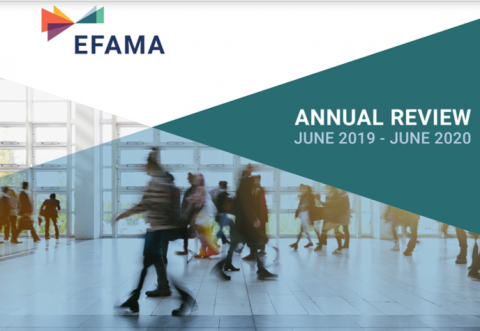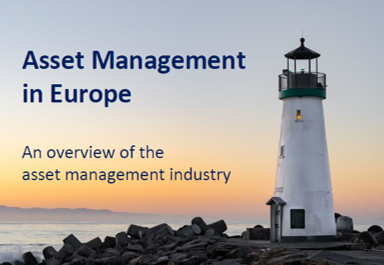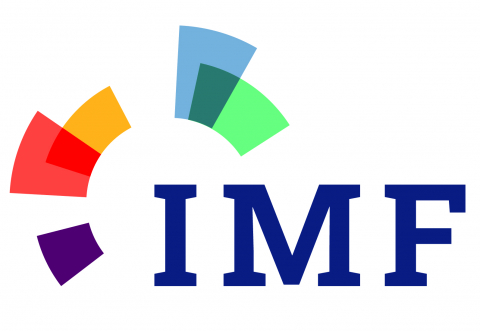EFAMA welcomes the IOSCO Consultation report which we believe is a good starting point for further engagement with our industry on dilution in Open-Ended Funds (OEFs). We believe that dilution may indeed trigger investor protection concerns for certain funds and welcome, in this respect, IOSCO’s commitment to protect end-investors from material dilution. This being said, we however do not support the consultation report’s significant emphasis on financial stability considerations.
International Agenda
Whereas EFAMA’s primary focus is on EU financial services legislation, we also actively engage at a global level with international standard-setting bodies, such as IOSCO (of which EFAMA is an affiliate member), the Financial Stability Board (FSB) or the OECD, to name but a few. In this context, EFAMA strongly supports the development of mutually agreed international regulatory standards to reduce market fragmentation and facilitate cross-border business.
We also keep a close watch on regulatory developments in jurisdictions outside the European Union that are likely to significantly impact our members’ activities. For example, in recent years EFAMA actively engaged with foreign authorities on regulations limiting the distribution of European funds abroad. Examples include filings to the UAE Securities and Commodities Authority (SCA), the Indian SEBI, the U.S. SEC and the OECD.
IOSCO Consultation Report on anti-dilution liquidity management tools
FSB Consultation Report on addressing vulnerabilities from liquidity mismatch in open-ended funds
EFAMA welcomes the opportunity of this consultation report to share views on how regulators could foster greater consistency in the management of liquidity risks in the Open-Ended Funds (OEFs) sector and on how the FSB should proceed in the future to evaluate any potential build-up of systemic risks in capital markets.
IASB ED on IAS 12 – Pillar Two Model Rules
EFAMA commented on IASB’s ED on IAS 12 (Pillar Two Model Rules). As the model rules drafted by the OECD establish that investment funds and investment entities should be carved out / excluded from Pillar Two, at first glance we expect them would not have a significant impact on our industry (at least on the strict product/funds side). While it is still to be confirmed what will be required from asset management firms and investors investing in funds to comply with the new rules, it is clear the analysis is highly complex.
EFAMA replied to the OECD Pillar One – Amount A: Regulated Financial Services Exclusion public consultation
EFAMA replied to the OECD Pillar One – Amount A: Regulated Financial Services Exclusion public consultation. Aiming to change the views of those members of the OECD/IF that still maintain that asset managers should not be excluded from Amount A.
In this comment paper, EFAMA is taking the opportunity to:
Funded pensions, investment funds, and financial education critical to global retirement outcomes
The investment industry and policymakers must co-ordinate efforts to promote funded retirement savings and improve financial literacy to ensure that billions of people can live comfortably in their later years and, in the process, ease the fiscal pressure on governments. Financially-literate individuals are more likely to make better-informed financial decisions and to understand the benefits of long-term investments.
Merry Christmas and a Happy New Year!
With 2021 drawing to a close, we wish you a safe and peaceful festive season. Join us in welcoming 2022 with hope and optimism.
Annual Review June 2019-June 2020
"It gives me great pleasure to provide you with an overview of our activities since our Annual General Meeting in Paris last year. While we were very much looking forward to hosting you all in Brussels this week, the current crisis and associated travel restrictions has forced us to improvise and turn our meeting into a virtual AGM.
EFAMA Market Insights | Issue #1 | Net outflows from UCITS in March 2020 - Industry weathers Covid-19 crisis
The Covid-19 pandemic significantly impacted financial markets. Stock markets across the world suffered a steep decline driven by lower economic growth and corporate profits. As anticipated, the crisis caused substantial net outflows from UCITS in March (EUR 313 billion). However, as a percentage of net assets, these outflows were no higher than in October 2008, at the height of the global financial crisis (2.9%).
Asset Management Report 2019
The EFAMA Asset Management in Europe report aims at providing facts and figures to gain a better understanding of the role of the European asset management industry. It takes a different approach from that of the other EFAMA research reports, on two grounds. Firstly, this report does not focus exclusively on investment funds, but it also analyses the assets that are managed by asset managers under the form of discretionary mandates. Secondly, the report focuses on the countries where the investment fund assets are managed rather than on the countries in which the funds are domiciled.






.png)































